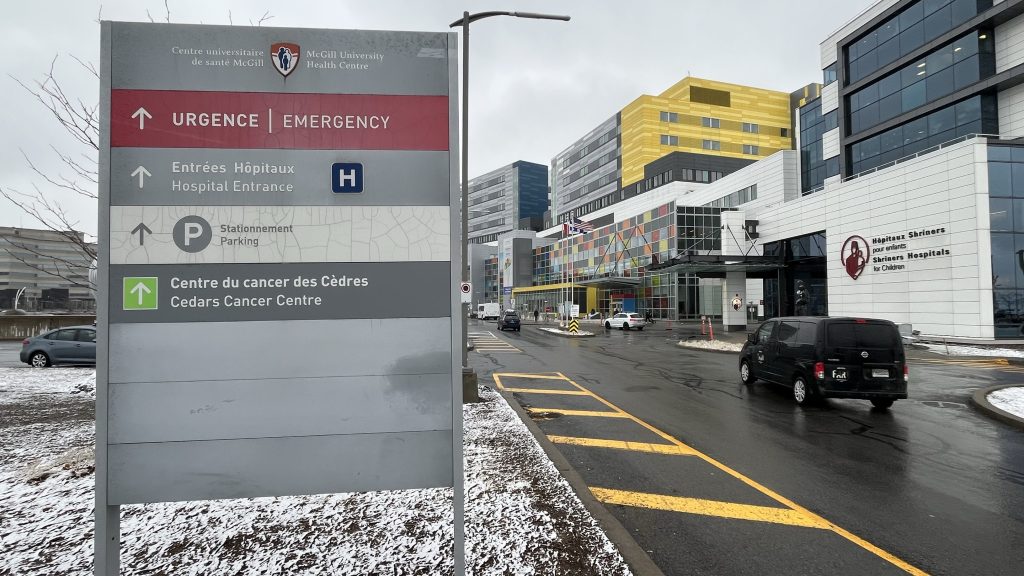New technology for patients with cardiac arrhythmias in Quebec

Posted May 9, 2024 6:04 pm.
The McGill University Health Centre (MUHC) will offer a new pulse field ablation as a minimally invasive procedure to treat atrial fibrillation, the most common form of cardiac arrhythmia.
According to a press release, this will be the first health centre in Quebec to offer this new technology, which is safer than the standard catheter ablation and more efficient.
It could also help to diminish the waiting lists for this procedure.
“We are pleased to be able to provide our patients with the highest quality of care by making the latest technologies available to our professionals. This would not have been possible without the multidisciplinary collaboration of the MUHC teams,” said Director of the MUHC Division of Cardiology Dr. Atul Verma.
A clinical study led by Dr. Verma evaluated the safety and efficacy of Medtronic’s PulseSelectTM pulsed field ablation (PFA) system.
The results of the trial were published in March 2023 in the Circulation journal and led to Health Canada approving the technology.
After the approval on Dec. 13, 2023, the MUHC was able to offer the procedure to the patient, outside of a clinical trial, on April 17.
“Increasing access to safe and efficient procedures with short recovery times will optimize resource utilization and reduce hospitalizations related to management of atrial fibrillation and its complications,” said Dr. Verma.
A common disorder
Atrial fibrillation is a very common heart condition that affects 60 million people worldwide.
In Canada, more than five per cent of people aged 65 and over suffer from this condition.
Fibrillation is caused by a disturbance in the heart’s electrical signals and is characterized by an irregular, and often rapid heart rate.
This disorder can increase the risk of a stroke, heart failure and death.
Atrial fibrillation can be treated with antiarrhythmic drugs, but almost half of patients will require a minimally invasive intervention to eliminate the heart tissue causing the arrhythmia.
“By preventing the long-term complications of atrial fibrillation, ablation has the potential to improve health and reduce the use of healthcare resources and hospital admissions,” explained Dr. Vidal Essebag, Medical Director of Cardiac Electrophysiology at the MUHC.
New technology arrives
Over the past 20 years, ablation has typically been performed with the catheter ablation technique by using cryotherapy or radiofrequency, which destroys the problematic heart tissue by intense cold or heat. This creates a scar that interrupts the abnormal electrical signal that causes arrhythmia.
Instead of using thermal energy, PulseSelectTM emits pulsed electric fields to interrupt the irregular electrical signals responsible for atrial fibrillation.
“Although effective, cryoablation and radiofrequency ablation can lead to complications, such as injuring tissue that is close to the heart,” said Dr. Verma. “Pulsed field ablation eliminates this risk by targeting only problematic heart tissue. The procedure is very well tolerated, and patients recover rapidly with a brief hospital stay. In Quebec, waiting lists for this procedure are relatively long.”



